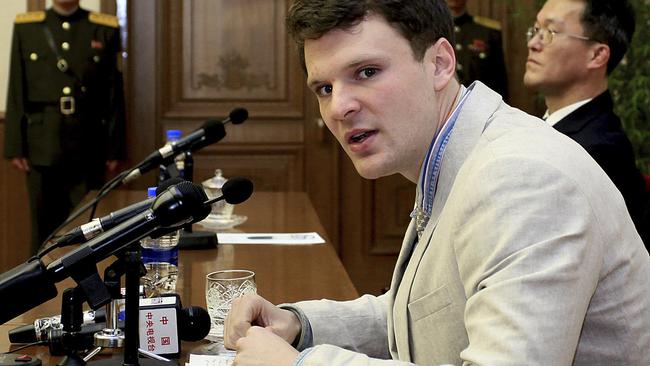
What did they do to him?
That is the question the world wants answered.
What did the brutal North Korean regime do to 21-year-old university student Otto Warmbier while they had him in their grasp?
• LATEST: US flies B1 bombers over Korean peninsula as tensions rise
Nobody believes the story the regime is telling, which is that Otto swallowed a sleeping tablet after being sentenced to 15 years hard labour after a show trial lasting one hour, and slipped into a coma.
His once-lively brain was damaged in all regions during his detention.
And yet there were no signs of injury. No marks on him at all.
What did the North Koreans – that brutal, pitiless regime – do to a young man of fierce intelligence and even fiercer love for family and mankind – to bring him not only to his knees, but to a state of perpetual unresponsiveness?
The question as to what happened to him beyond North Korea’s iron curtain will likely never be answered.
But here is what we do know. Otto Warmbier – it’s a beautiful name, pronounced Warm-Beer – grew in Cincinnati, Ohio, one of three children.
He went to the local High School, where he impressed his teachers with his wit, and his intelligence.
He was elected Homecoming King and captain of his high-school soccer team. He shopped for clothes in what Americans call thrift-shops, which kind of explains the funky jacket and mismatched shirt he was wearing during his trial in North Korea.
Otto gave the speech at his High School graduation. You can see it here.
Let's remember #OttoWarmbier not as a prisoner but as the witty smart young man! From high school speech pic.twitter.com/ookyGqrcRc
— Kevin W. (@kwilli1046) June 19, 2017
Otto speaks about making charitable contributions, and taking care of one another; about the spirit of adventure that propels young people into the world.
Upon graduation, Otto was accepted at the University of Virginia, a fine school, where he excelled. He did a semester at the London School of Economics, and travelled to continental Europe, and he already had job offers, for when he graduated.
But there was time for one last adventure. Otto went abroad, first to Hong Kong and from there, to China, and North Korea.
It was an organised tour. His parents said Otto was curious about the regime, and about a country so few people ever get to see.
Otto’s decision to visit North Korea was undoubtedly unwise. The regime periodically detains American citizens, some of them tourists, and subjects them to either arbitrary detention, or show trials.
But, according to his parents, Otto was intrepid, and optimistic. He researched various travel companies, and decided on Young Pioneers, because it targeted “young, adventurous people like him”.
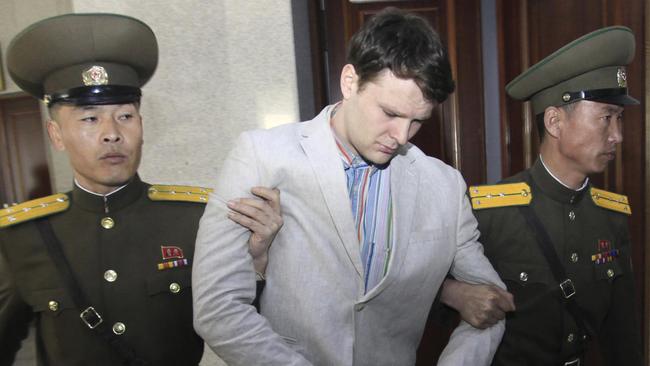
On his final night in Pyongyang, New Year’s Eve 2015, Otto was arrested, apparently after taking a propaganda poster off the hotel wall.
Even accepting that Otto did the wrong thing, the callous punishment – 15 years hard labour - hardly fits the crime.
He was a pawn, a victim of the maniacal brutality of Kim Jong-un.
And Otto’s parents never saw the boy they knew – that lively, intelligent, and affectionate boy they loved with all their hearts - again.
Otto wept through the trial.
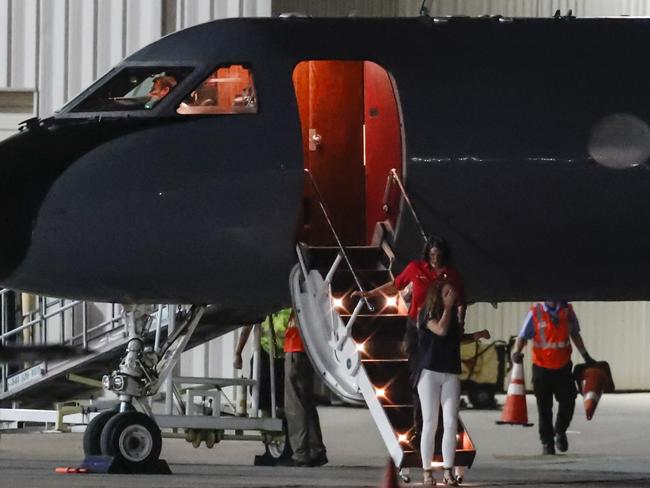
Perhaps he already knew.
The regime’s version of events is that Otto either suffered botulism, or took a sleeping pill after being sentenced, and never woke up.
He was denied consular assistance. He was allowed no visitors.
Then, last week, after more than 17 months of silence, the regime agreed to release him, and Otto was cradled onto a plane, bound for the United States.
Upon arrival on US soil, he was immediately taken to hospital, where horrified medical specialists ran tests on his brain, and found damage to all regions.
Otto could not see, or speak, or stand, or respond to commands. His condition was described as one of “unresponsive wakefulness”.
He was breathing. His eyes were open. But he would never recover.
How does such a thing happen?
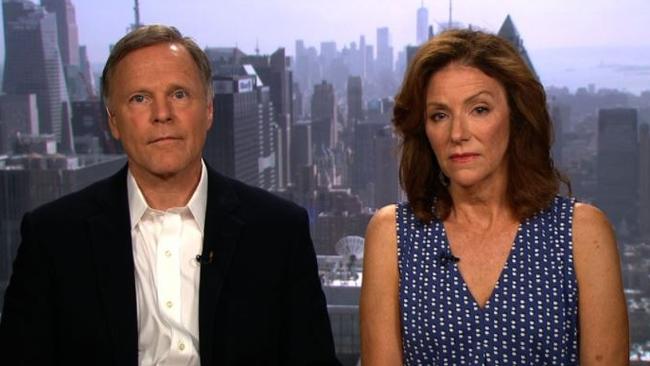
The medical specialists from the University of Cincinnati Medical Center have spoken cautiously, but it seems that Otto – this strapping young man, who played all kinds of sports, and lived a healthy lifestyle, and had a sunny outlook, and who had turned 22 while imprisoned - suffered a heart attack, which led to a loss of oxygen to the brain.
But perhaps it was the other way around.
His devastated father, Fred Warmbier, addressed the media wearing his son’s pale-coloured jacket - the same daggy and now intensely beautiful jacket Otto had been wearing when he was sentenced.
His parents spent several days with Otto, kissing his forehead, stroking his hand.
And then they let him go.
In a statement this morning, they said:
“It is our sad duty to report that our son, Otto Warmbier, has completed his journey home. Surrounded by his loving family, Otto died today at 2:20pm.
“It would be easy at a moment like this to focus on all that we lost — future time that won’t be spent with a warm, engaging, brilliant young man whose curiosity and enthusiasm for life knew no bounds. But we choose to focus on the time we were given to be with this remarkable person.
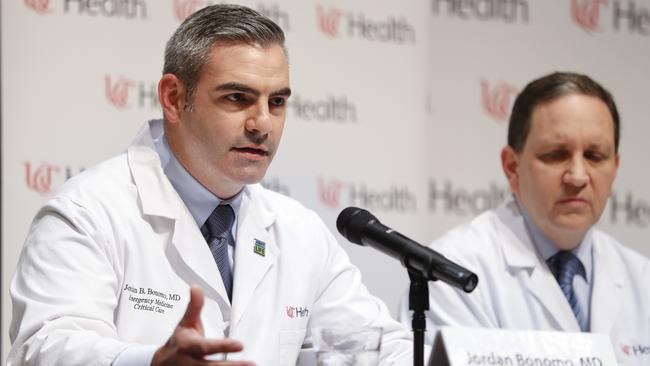
“When Otto returned to Cincinnati late on June 13th he was unable to speak, unable to see and unable to react to verbal commands.
“He looked very uncomfortable — almost anguished. Although we would never hear his voice again, within a day the countenance of his face changed — he was at peace.
“He was home and we believe he could sense that.”
Again - what happened to him?
US senator John McCain – chairman of the US Senate Armed Services committee – put it plainly: “Otto Warmbier, an American citizen, was murdered by the Kim Jong-un regime.”
“In the final year of his life, he lived the nightmare in which the North Korean people have been trapped for 70 years.”
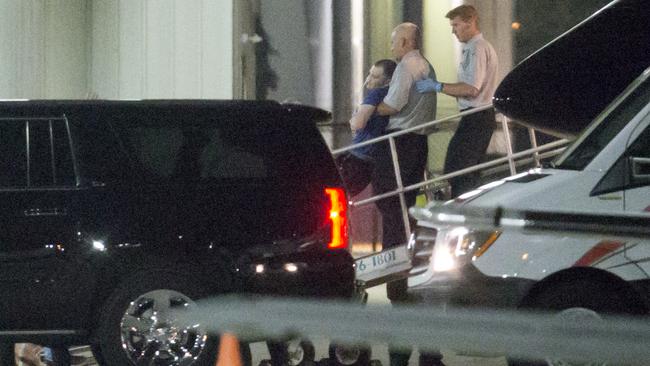
Former US presidential candidate Marco Rubio has likewise called Otto’s death State-sanctioned murder.
The difficulty for the US is, of course, is that there are other Americans still held in North Korea.
There is concern, too – heart-wrenching concern – for the millions of innocent North Koreans caught in a living nightmare every day.
The US will consider its position, but there is likely nothing it can do.
Otto’s name has been included on the list of his classmates, who last month graduated from the University of Virginia without him.
His family would like friends around the world to remember their son as they knew him: friendly, and sweet-hearted, and full of joy. To that end, below is a video of Otto, taken shortly before he was detained, throwing snowballs with some North Korean children.
He should have been allowed to come home.






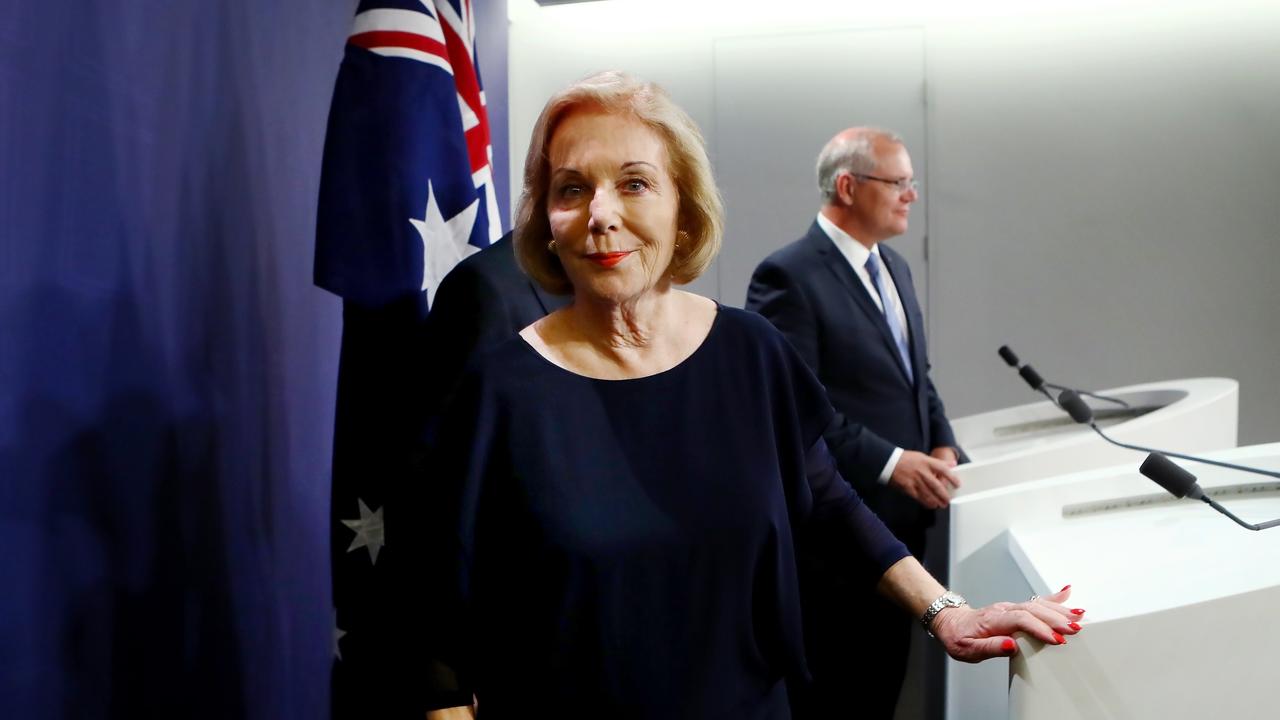
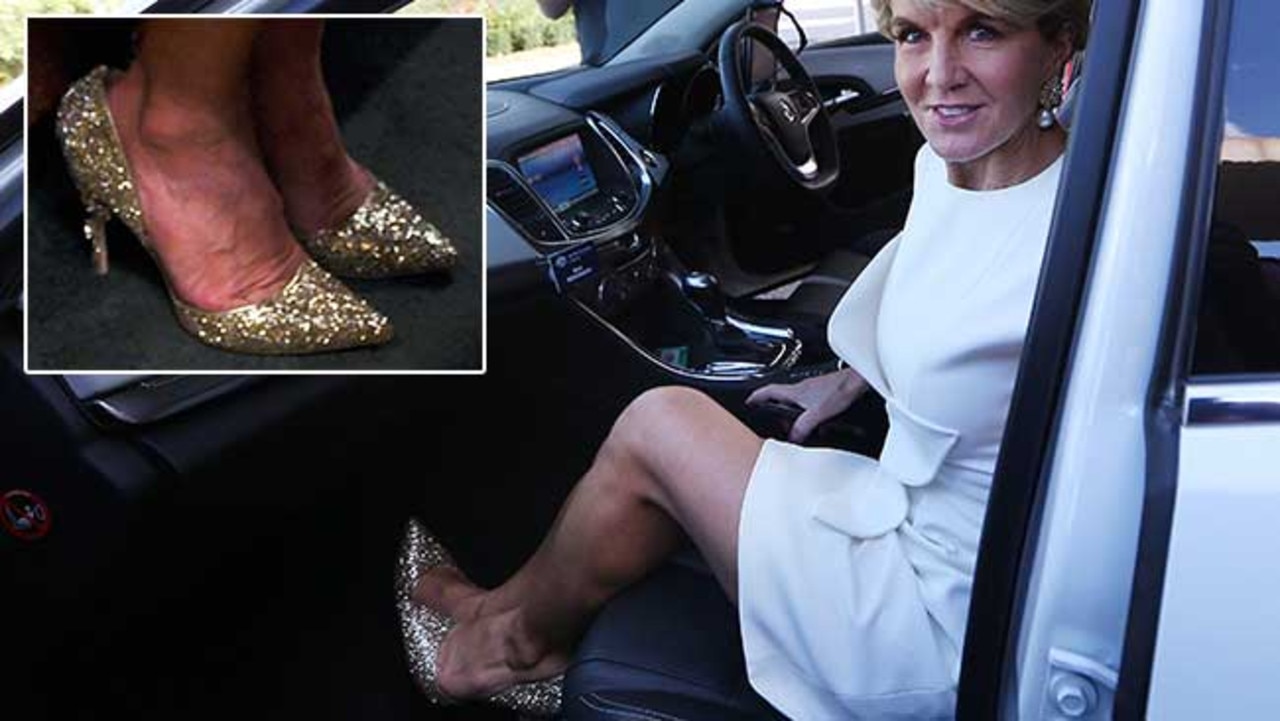
To join the conversation, please log in. Don't have an account? Register
Join the conversation, you are commenting as Logout